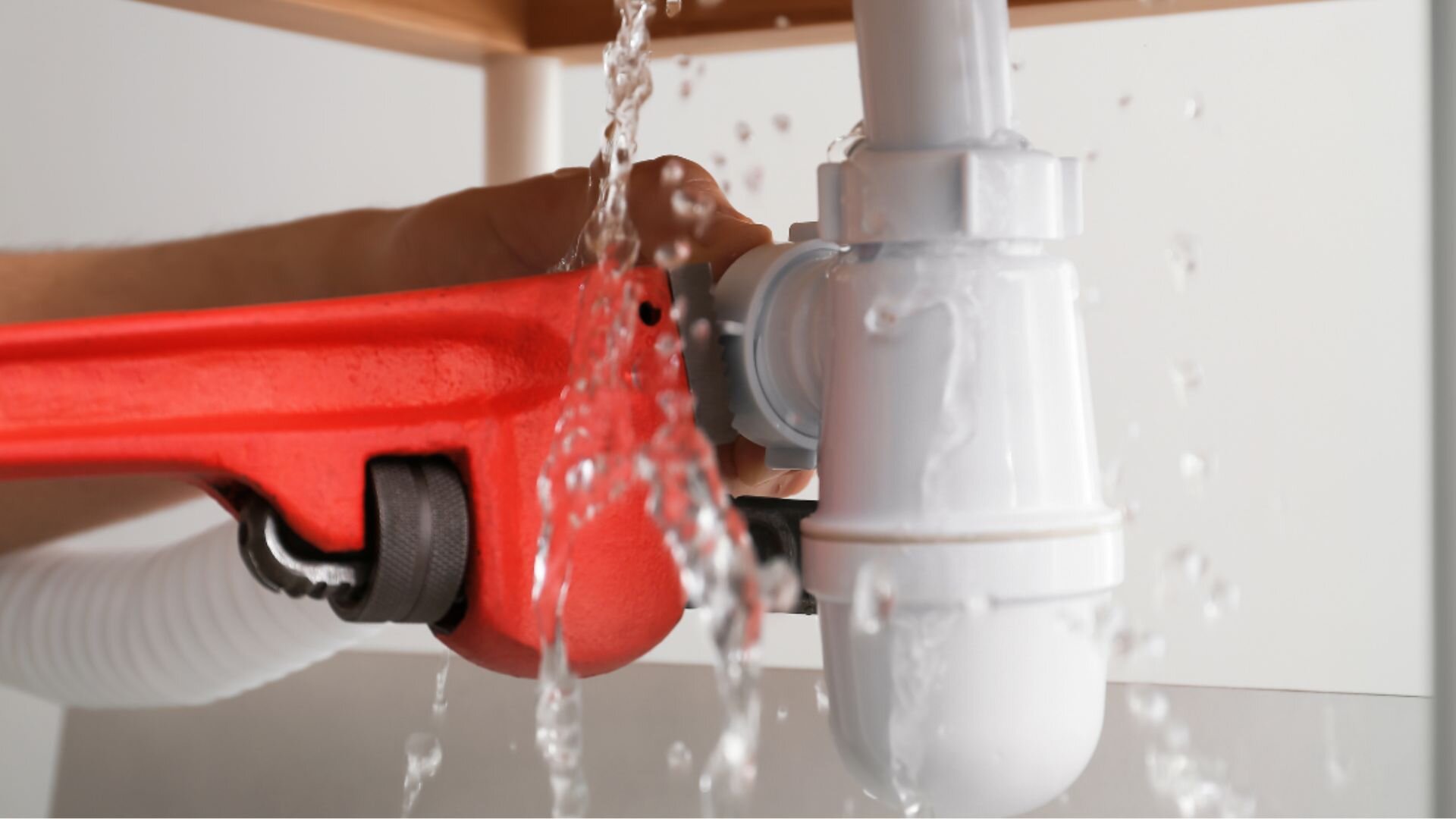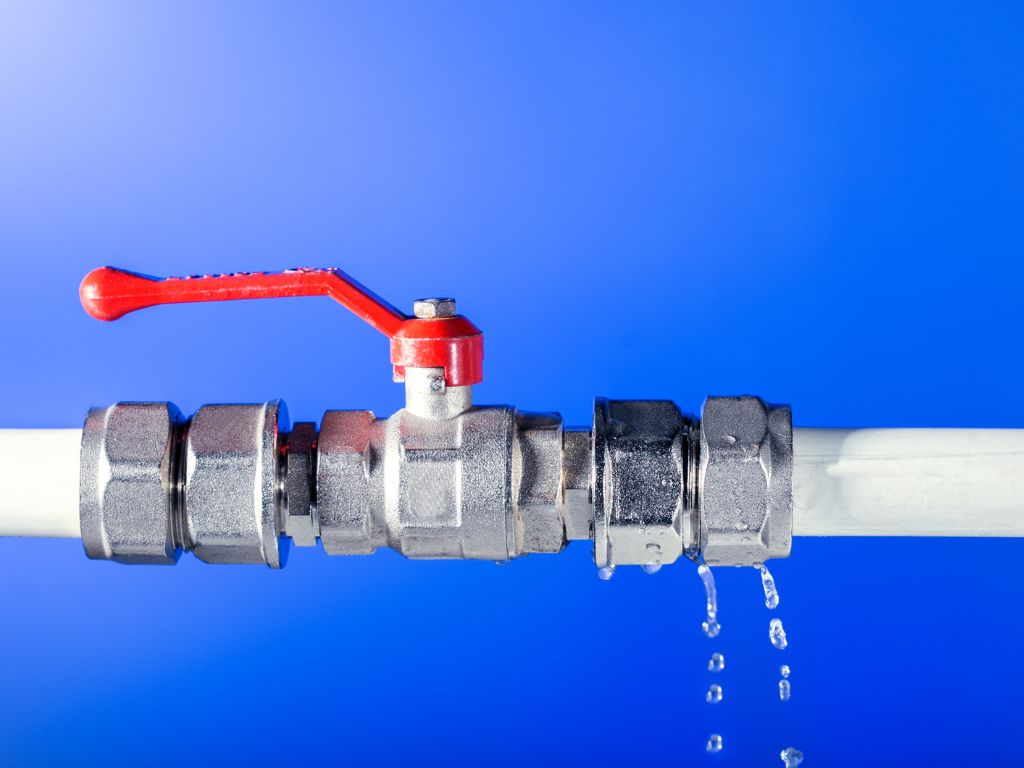Quick Solutions for Plumbing Emergencies: Essential Steps to Take Until Support Arrives
Quick Solutions for Plumbing Emergencies: Essential Steps to Take Until Support Arrives
Blog Article
Just how do you actually feel on the subject of What to Do While Waiting for an Emergency Plumber?

Plumbing emergencies can strike at any time, causing stress and possible damages to your home. Whether it's a ruptured pipe, a clogged up drainpipe, or a leaking faucet, knowing how to manage the scenario till an expert plumbing arrives can save you from additional problems. This article provides essential emergency plumbing pointers to aid you minimize damage and restore control throughout a pipes dilemma.
Shut off the Supply Of Water
The initial step in any pipes emergency situation is to turn off the supply of water. For localized issues, such as a dripping tap or bathroom, shut off the valve near the component. When it comes to a significant leak or burst pipeline, situate your home's major water shut-off valve and transform it off right away. Knowing the place of these valves ahead of time can save beneficial time throughout an emergency.
Address Tiny Leaks with Short-lived Fixes
Tiny leaks can promptly end up being significant issues if left unchecked. Utilize these temporary solutions until specialist help gets here:
While these solutions aren't permanent, they can assist minimize water loss and damage.
Unclog Drains Pipes Safely
A stopped up drain can be a discouraging and unpleasant issue. Right here's how to tackle it:
If these approaches don't work, avoid using extreme pressure, as it might worsen the blockage.
Handle Overflowing Toilets
An overruning commode can cause immediate mayhem. Right here's what you must do:
Shut Off Your Water Heater
In certain emergencies, such as a burst pipe, it's wise to shut off your water heater. This prevents overheating or damage to the unit when water stops moving. Switch off the power supply to the hot water heater (electrical or gas) and allow it cool to prevent prospective dangers.
Briefly Stop a Burst Pipe
A ruptured pipeline can bring about considerable water damage in minutes. To mitigate the concern:
Call a specialist plumbing professional quickly to resolve the trouble completely.
Manage Frozen Water Lines Very Carefully
In colder climates, icy pipelines are an usual emergency situation. If you think a frozen pipe:
Avoid More Damage
Taking fast activity to minimize damages can save you money and time over time. Here's exactly how:
. Have an Emergency Pipes Kit
Prepare a standard pipes emergency package to deal with small problems effectively. Your set should consist of:
Having these tools on hand can make a considerable difference in your capability to manage emergency situations.
Know When to Call a Professional.
While quick fixes can assist temporarily, specific plumbing issues need prompt professional interest. Call a plumbing professional if:.
Without delay contacting a professional makes sure the concern is settled correctly and avoids additional issues.
Verdict.
Pipes emergency situations can be overwhelming, but with the best understanding and devices, you can take care of the scenario effectively until help arrives. By shutting off the water system, attending to tiny leakages, and utilizing short-lived solutions, you can decrease damages and keep your home safe. Keep in mind, these ideas are momentary options; constantly get in touch with an accredited plumbing professional to manage the source of the issue. Preparation and quick thinking are your best allies in any plumbing emergency.
8 Helpful Tips for Managing Plumbing Emergencies at Home
If your plumbing system hasn’t failed once, wait for it because almost everyone has a story to tell. Sometimes, it could be simple emergencies such as a leaking pipe, a blocked cistern, or even a big burst pipe. In situations like this, you need to have some handy tips to save you some money and from possible damages.
Take care of minor issues early.
Sometimes, you could have avoided an emergency by taking proactive measures while it was still early. Some major plumbing emergencies can be a result of an ignored minor issue. We recommend that you have items like plumbing tapes and other related items. A plumbing tape can allow you to manage minor leaks before the plumber arrives.
Cut off the water supply.
This tip is essential in almost any type of leakage problem. For problems like minor leakages in the toilet or kitchen, turn off the supply that takes water to the affected pipes. If the leakage is a major pipe, you must shut off the supply valve to the entire building. This will help you avoid flooding your home and neighbors if you share a flat.
Know your plumbing system
Folks typically move into a new apartment without understanding the water supply around the building. This can prove disastrous if a water emergency arises and the plumber is far away. The previous tip will prove useless if you don’t practice this one. More importantly, know where your water shut-off valve is located – you’ll need that knowledge to prevent potential home floods.
Have some common handy tools
There are lots of plumbing emergencies that you can handle without hiring a plumber. That’s why you must keep some tools available always. Some tools that you can use to fix simple plumbing emergencies easily include plumbing tapes, screwdrivers, thread seal tapes, plungers, pliers, tape measures, and rubber gloves.
Insulate your pipes from cold
You’ll save yourself from many plumbing expenses if you protect your water pipes from the cold. This is because of the harmful effects that cold weather can have on your pipes. During winter, your pipes can burst from being overly expected to freezing temperatures. So, make sure insulators are there to keep the pipes working correctly.
Avoid practices that will clog your toilet.
Many people indulge in practices that can damage the plumbing system of the entire building. One of these is when they use their toilet to dispose-off garbage. They flush all kinds of things, such as paper towels, bandages, hairs, female sanitary products, etc., down the toilet. This will block your toilet in the long run, incurring unnecessary expenditures. Dump such waste in the trash instead.
Check your dials regularly.
Sometimes, there could be leakages in your home without noticing them in time. So, constantly monitor your water meter dial. If the dial is reading when there is nobody using water, this is an indicator that there is leaking. Check for leaks immediately. Call a plumber as soon as possible if you can’t find any.
https://www.constructionplacements.com/8-helpful-tips-for-managing-plumbing-emergencies-at-home/

I stumbled upon that blog post about What to Do While Waiting for an Emergency Plumber while looking around the web. Those who liked our article plz make sure you remember to share it. I praise you for your time. Come back soon.
Call Today Report this page